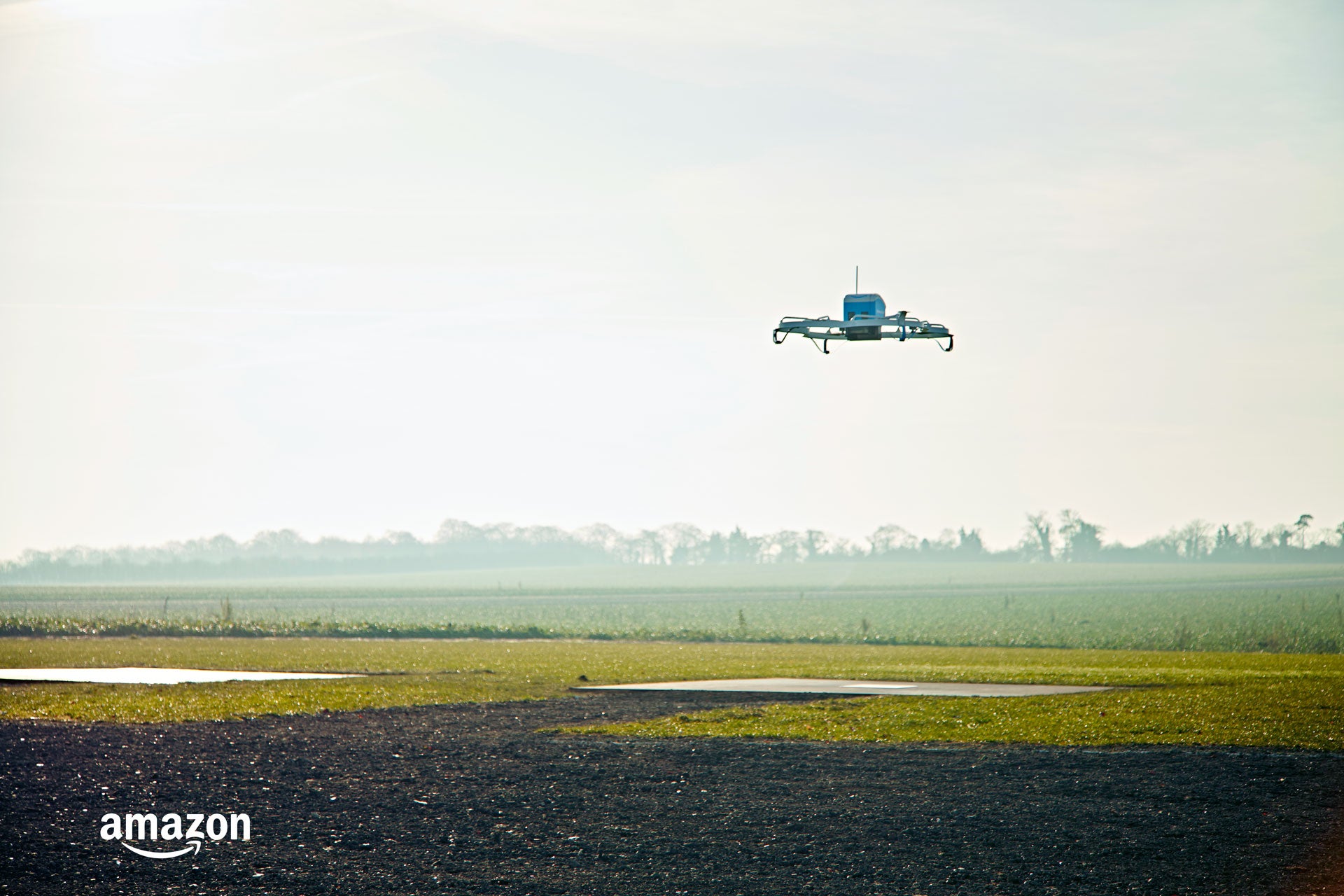We regularly hear how delivery drones are on the verge of redefining retail, taking into a new more agile era as they transform last-mile service. But this isn’t the only area where drones are transforming the sector.
Drones, unmanned aerial vehicles (UAV), are going beyond their traditional military applications to find widespread commercial usage. With regulatory bodies in many advanced countries developing rules on ownership and usage of drones, and others to gradually follow suit, commercial application of technology is on the rise.
These technology marvels are already being used in a range of commercial applications, such as training, agriculture, transportation, video and photography and even construction and architecture. Drones are revolutionising traditional businesses in these sectors and even creating new opportunities for them.
The retail sector especially has taken a fancy to drones, and is exploring new means to use them in their operations. Drones are expected to play a major role in expansion of the retail sector and disrupt the way retailers conduct some of their daily operations.
Growing competition is driving retailers to develop new means to improve their supply chains and carry out their operations more efficiently and cost-effectively.
Delivery drones for the retail sector
The most obvious application for drones in the retail sector is product delivery. Customers’ demand for faster, typically same-day delivery is compelling retailers to adopt drones for quick delivery services. Both brick-and-mortar and online retailers are considering use of drones as an ideal way to make same-day deliveries.
How well do you really know your competitors?
Access the most comprehensive Company Profiles on the market, powered by GlobalData. Save hours of research. Gain competitive edge.

Thank you!
Your download email will arrive shortly
Not ready to buy yet? Download a free sample
We are confident about the unique quality of our Company Profiles. However, we want you to make the most beneficial decision for your business, so we offer a free sample that you can download by submitting the below form
By GlobalDataIn comparison to the conventional brick-and-mortar stores, online retailers are, however, proving to be early adopters of drones for product delivery. The lack of required infrastructure for drones has added appeal, making them ideally suited for essential deliveries, be it bustling metropolis, small towns or rural areas.
For the retailer, the main benefit of using drones is that the process does not need to be outsourced to third-party delivery service providers, thus enabling them to save money and pass on that price benefit to customers.
In the coming years, role of drones in the retail sector is expected to become mainstream for offering last-mile delivery.
Retail drones beyond delivery
Retailers are also exploring drone applications beyond product delivery, and are actively testing the use of the technology for daily operations.
For example, drones are being considered by retailers to monitor areas of their facilities that cannot be adequately covered by guards. Also, in case of product theft, drones can follow the offender and even alert the authorities.
Other potential applications include checking warehouse stock and securing it faster than humans, as well as bringing new products from the warehouse when they are running low on store shelves. D
Drones may also find applications related to observing customer movement when in-store, helping retailers to understand their buying traits.
Other applications such as inventory management, in-store shopping assistance, traffic analysis, security and marketing photography might also help in accelerating the demand for drones in the near future.
Making retail drones a reality
For retailers, the current challenge is to develop innovative uses for drones that provide true benefit to operations.
Alibaba, JD.com, Amazon, Walmart, and Flipkart are among some of the early adopters of drone technology.
Retailers are currently investing heavily in research around the efficient use of drones. For instance, in March 2018 Walmart filed a patent to use drones in store to serve its customers, who can call a drone via a smartphone in order to direct them towards an aisle or any particular product of their interest.
Another big retailer, Amazon, has been issued with a patent (filed in June 2017) for delivery of products via drones, which can navigate through residential areas. Amazon has already announced Amazon Prime Air for delivering packages via drone in just 30 minutes from their distribution centres, although this has not yet become commercially available.
There is, however, some way to go before the technology becomes a reality for much of the sector.
Although retailers are completely engaged in optimising customers’ product delivery experiences and improving operational efficiency using drones, they need to surpass certain road-blocks relating to drone regulations, traffic control systems and customer acceptance.









Related Company Profiles
Amazon.com Inc
JD.com Inc